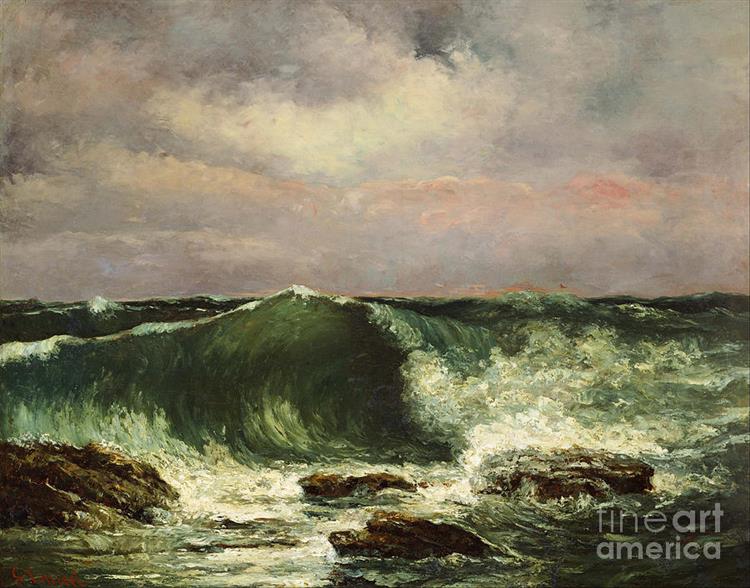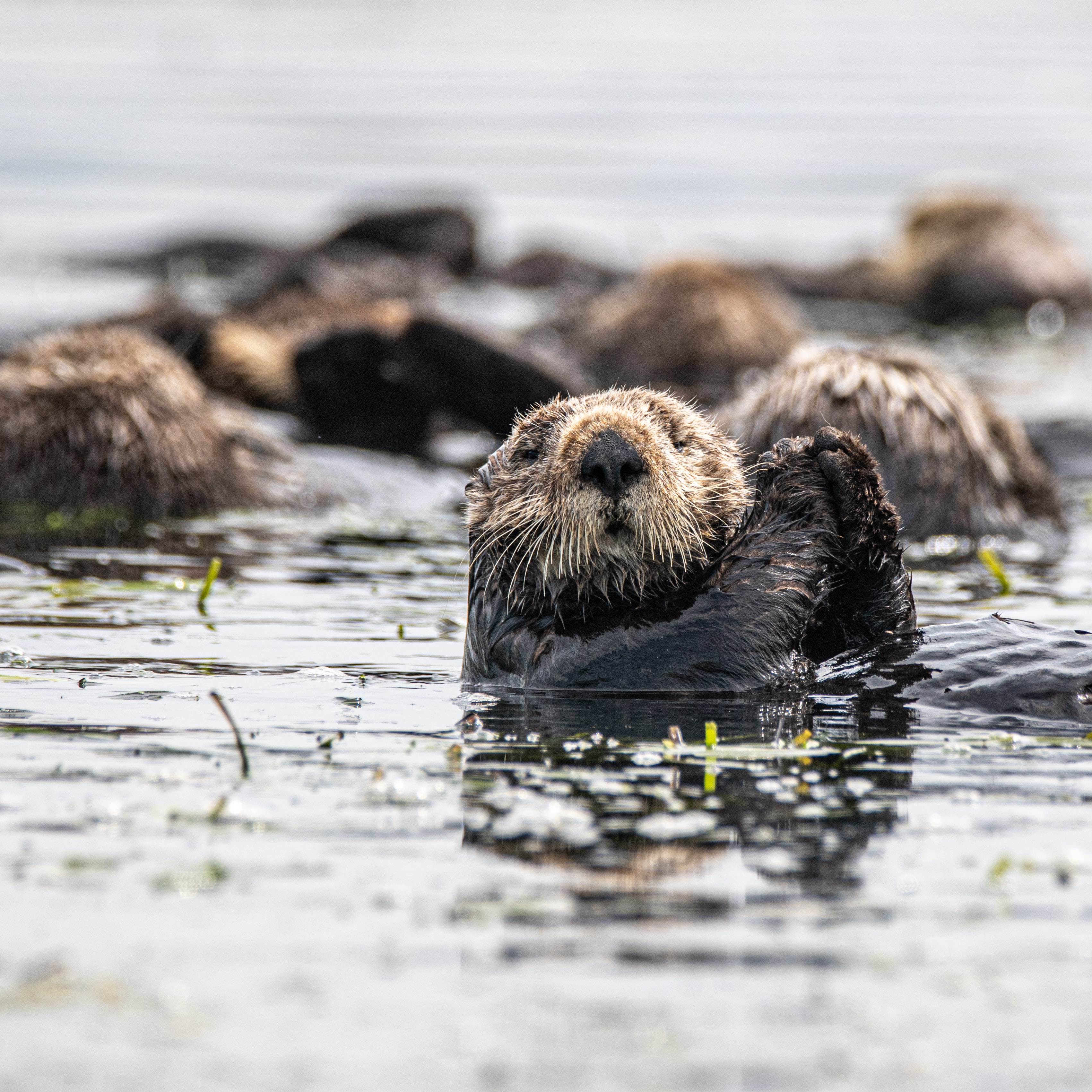
Dear Students,
Welcome to the course in Molecular Methods for Management and Aquaculture!
Your learning is my principal concern, so I may modify the schedule if it will facilitate your learning. We may discover that we want to spend more time on certain topics and less time on others. I’ll consider changing the schedule if such a change would benefit most students’ learning in this course.
The aim of the course is to provide students with an understanding of the concepts and theory of DNA analysis techniques applied in the context of conservation, management and aquaculture of marine organisms. The course is also aimed to provide students with practical knowledge of the basic laboratory practices associated with some DNA analyses; and showcase practical DNA techniques available to a molecular ecologist.
The learning outcomes of the course will be 1) an understanding of the general problems and questions that can be tackled with molecular ecology in the context of marine biology, 2) knowledge of methods routinely used in DNA isolation, preparation, and amplification; 3) an understanding of the processes for data interpretation and the statistical evaluation associated with molecular ecology and population genetics.
This course is not designed to be easy — it is meant to be challenging. Please approach it with that mindset. The purpose is not simply to make you comfortable in the short term, but to help you grow as scientists and thinkers. Some of the material you may already know, other parts will be new — and at times, we will all feel uncertain. That’s normal. We are on this journey together, and I don’t pretend to have every answer. We will wrestle with ideas side by side, and that is part of authentic scientific learning.
I promise to do my best for you. The way I teach is based, to the best of my knowledge, on scientific evidence about what helps people learn deeply. These methods may feel uncomfortable at times, and I know they won’t please everyone. That’s okay — my goal is not to provide short-term ease, but to support your long-term growth.
I ask that you trust the process and push yourselves fully through it. The benefits may not be immediately obvious, but my experience and perspective give me confidence that you will notice them later — perhaps next semester, perhaps even further down the road. And above all, I have confidence in you.
I hope you will enjoy the course!
Let’s begin!
Chiara
Welcome to the course in Molecular Methods for Management and Aquaculture!
Your learning is my principal concern, so I may modify the schedule if it will facilitate your learning. We may discover that we want to spend more time on certain topics and less time on others. I’ll consider changing the schedule if such a change would benefit most students’ learning in this course.
The aim of the course is to provide students with an understanding of the concepts and theory of DNA analysis techniques applied in the context of conservation, management and aquaculture of marine organisms. The course is also aimed to provide students with practical knowledge of the basic laboratory practices associated with some DNA analyses; and showcase practical DNA techniques available to a molecular ecologist.
The learning outcomes of the course will be 1) an understanding of the general problems and questions that can be tackled with molecular ecology in the context of marine biology, 2) knowledge of methods routinely used in DNA isolation, preparation, and amplification; 3) an understanding of the processes for data interpretation and the statistical evaluation associated with molecular ecology and population genetics.
This course is not designed to be easy — it is meant to be challenging. Please approach it with that mindset. The purpose is not simply to make you comfortable in the short term, but to help you grow as scientists and thinkers. Some of the material you may already know, other parts will be new — and at times, we will all feel uncertain. That’s normal. We are on this journey together, and I don’t pretend to have every answer. We will wrestle with ideas side by side, and that is part of authentic scientific learning.
I promise to do my best for you. The way I teach is based, to the best of my knowledge, on scientific evidence about what helps people learn deeply. These methods may feel uncomfortable at times, and I know they won’t please everyone. That’s okay — my goal is not to provide short-term ease, but to support your long-term growth.
I ask that you trust the process and push yourselves fully through it. The benefits may not be immediately obvious, but my experience and perspective give me confidence that you will notice them later — perhaps next semester, perhaps even further down the road. And above all, I have confidence in you.
I hope you will enjoy the course!
Let’s begin!
Chiara
- Enseignant: Chiara Papetti
- Enseignant: Luca Schiavon


